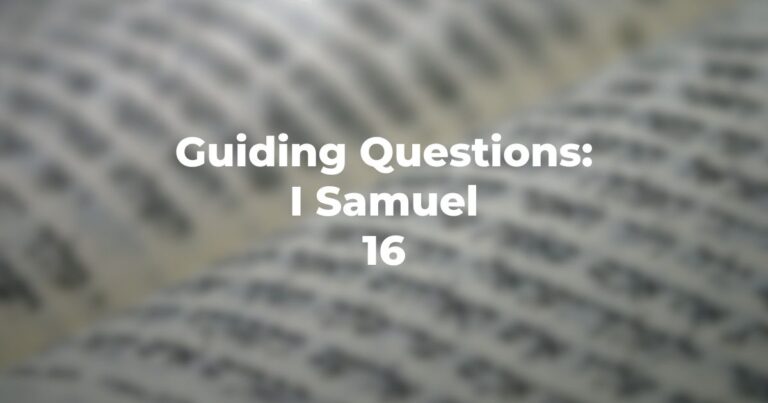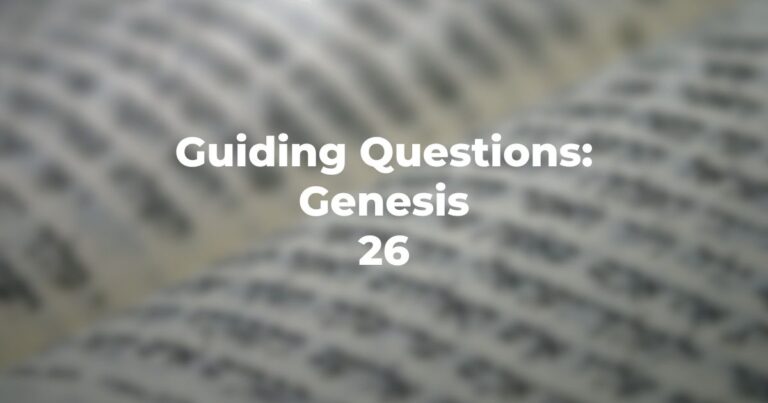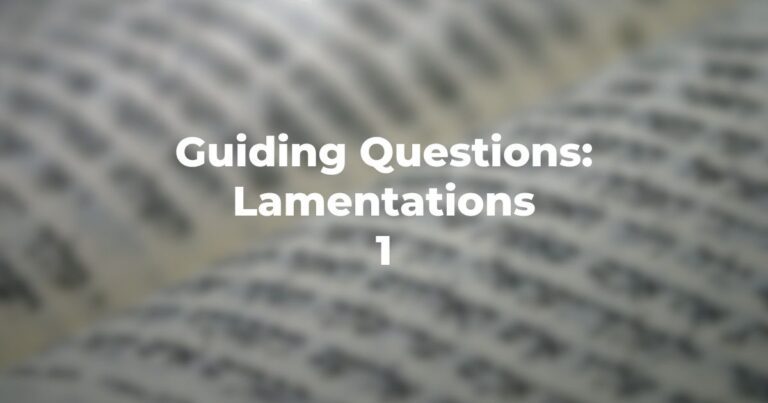- The main message in Proverbs 12 deals with the power of speech. Summarize it. Do you totally agree with it?
- In Proverbs 12:4, the familar phrase Eshet Hayil is rendered “a capable wife”. What is the more familiar translation (see Proverbs 31) and is the difference significant?
- How would you define an incompetent wife (Proverbs 12:4) and why is there no parallel condemnation of an incompetent husband?
- Some commentators see ambiguity in Proverbs 12:9. How would you explain this verse?
- What traditional Jewish value is reflected in Proverbs 12:10? Why is the compassion of the wicked considered cruelty?
- Is it necessarily clever to conceal one’s humiliation (Proverbs 12:16)
- In what circumstances is it “clever” to conceal what one knows (Proverbs 12:23)?
- The commentators have difficulty with Proverbs 12:27. (See the footnote in the JPS TanakhAn acronym for the name of the Hebrew Bible: Torah, Neviim, and Ketuvim. Read more.) Can you make sense of it?
- Do you agree with the sentiment of Proverbs 12:28?
Author
-

Exploring Judaism is the digital home for Conservative/Masorti Judaism, embracing the beauty and complexity of Judaism, and our personal search for meaning, learning, and connecting. Our goal is to create content based on three core framing: Meaning-Making (Why?), Practical Living (How?), and Explainers (What?).
View all posts




